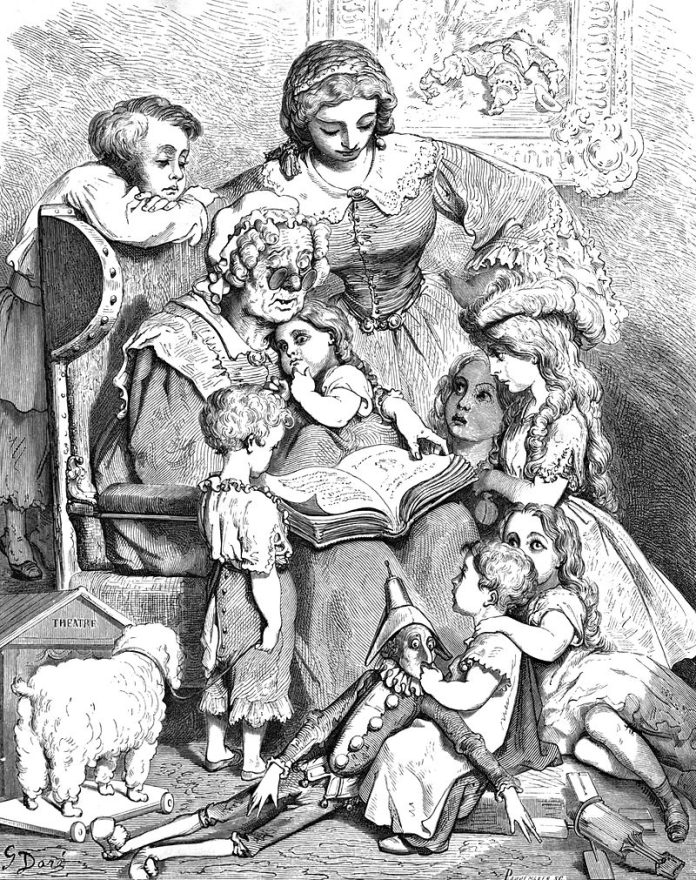We have heard that “God moves in mysterious ways his wonders to perform,”[1] a phrase that occurred to me as I listened to the account of David’s being anointed as king. Surprisingly, according to the first book of Samuel, he was chosen in part because he was good looking: “he was ruddy, and had beautiful eyes, and was handsome.”[2] This description comes immediately after Samuel had rejected the other, older sons of Jesse, each of whom was equally if not more impressive physically. But “the Lord does not see as man sees; man looks on the outward appearance, but the Lord looks on the heart.”[3]
An important indication of what God is about can be found in another aspect of David’s anointing, viz., everybody had forgotten about him, the insignificant lad who was looking after the sheep. Does he not remind you of the third son in the fairy tale, the youngest who by ingenuity and luck accomplishes seemingly impossible tasks and marries the princess?
It’s a fundamental quality of fairy tales that the hero or heroine is despised, ignored and even mistreated, like Cinderella or Snow White. And yet they all have within them innate goodness, mental acumen, and quick wits. And they’re beautiful because in a fairy tale physical charm is a sign of inner virtue. As we know, every young girl feels put down by her family—the ugly stepsisters—who fail to recognize that she is the one who will marry the prince, just as every young boy sees himself slaying giants, outwitting his foes, and marrying the princess, eventually to become the king. The undeniable appeal of the story tells us something true about human nature, something that Scripture reassuringly confirms, viz., that each one of us is supremely important, of inestimable worth in God’s eyes. For the fact is that each of us is the centre of his universe, and all people, all things revolve around me.
The point of a fairy tale, as in the story of David, is recognition. Cinderella’s foot is the only one that fits her fairy godmother’s glass slipper, as Jack is the only boy able to climb the beanstalk slay the giant, and return with the magic harp and hen. Similarly, in Beauty and the Beast, it is Belle’s love that allows her to recognize the handsome prince under the grotesque and hideous hide of the Beast.
Would it not be wonderful if there were a fairy tale that were literally, historically true? If, once upon a time, there had been a prince in disguise among us, a prince who was as despised and as badly treated as Cinderella and yet was the ultimate hero waiting to be recognized and honoured? I am sure that you can see where I am heading with this line of thought, for there is such a person, and He was recognized and honoured by the man born blind—of whom we heard in today’s Gospel. His encounter with Jesus led him to a discovery. Jesus, we read, went in search of him after he had been expelled by the Pharisees. And when He had found him, Jesus asked, “Do you believe in the Son of Man?” The man answered, “Who is he sir? Tell me that I may believe in him.” Jesus said to him, “You have seen him, and the one speaking to you is he.” The reply was one we should all make our own: “‘Lord, I believe,’ and he worshipped him.”
The man born blind, first physically and then with a spiritual vision, truly saw and worshipped. We, each of us, by our faith and baptism, have received the same power of seeing, of recognizing Jesus for Who he is; and like the man born blind let us believe and worship.
[1] The first line of a hymn by William Cowper.
[2] 1 Sam 16.12.
[3] 1 Sam 16.7.


